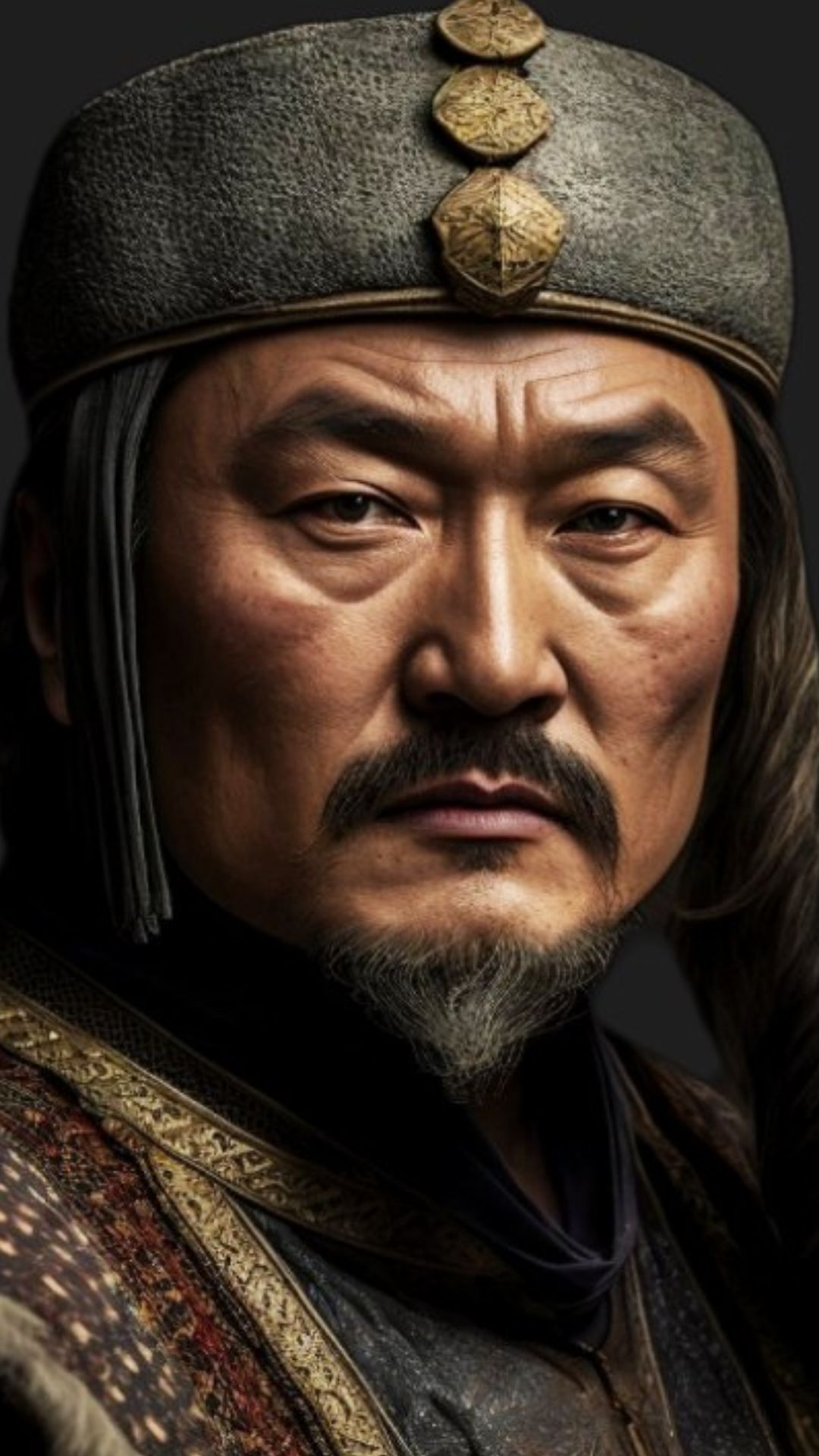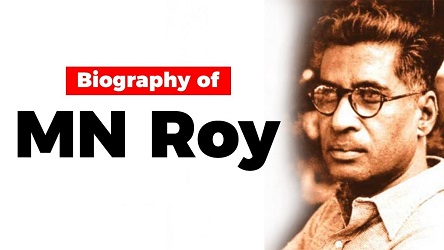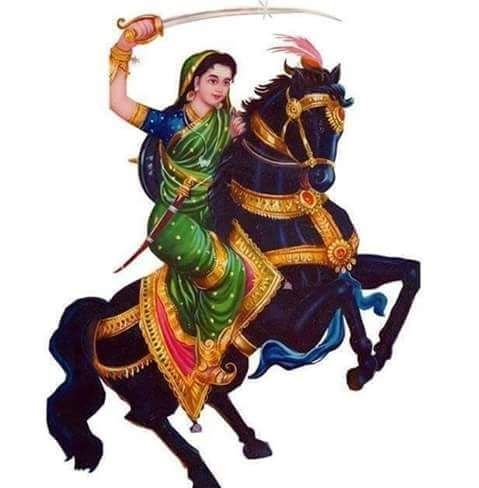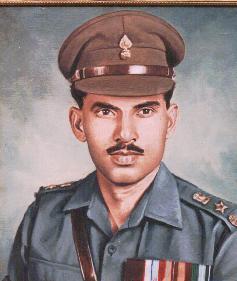Introduction:
Genghis Khan, born Temujin in the early 12th century on the Mongolian steppes, rose from humble beginnings to become one of history’s most formidable conquerors. His leadership and military prowess transformed the disparate Mongol tribes into a powerful empire that stretched across Eurasia.
Early Life and Rise to Power:
Temujin’s early years were marked by adversity and turmoil. Following the murder of his father, Yesugei, Temujin and his family faced abandonment and persecution. However, through strategic alliances and military skill, Temujin gradually rose to prominence, uniting the Mongol tribes under his leadership. In 1206, he was proclaimed Genghis Khan, the universal ruler, at a tribal assembly known as the Kurultai.
Conquests and Expansion:
Genghis Khan embarked on a relentless campaign of conquest, subjugating neighboring tribes and kingdoms with unparalleled speed and efficiency. His military strategies, including the innovative use of cavalry and psychological warfare, enabled him to overcome larger and more entrenched adversaries. The Mongol Empire expanded rapidly under Genghis Khan’s leadership, encompassing territories from China to Eastern Europe.
Administrative and Cultural Reforms:
Despite his reputation as a fearsome warrior, Genghis Khan was also a shrewd statesman and administrator. He implemented a system of laws known as the Yasa, which promoted justice, meritocracy, and religious tolerance within the empire. Genghis Khan’s policies facilitated trade, communication, and cultural exchange across the vast expanse of the Mongol Empire, fostering a period of unprecedented prosperity and innovation known as the Pax Mongolica.
Legacy and Impact:
Genghis Khan’s legacy is profound and far-reaching. His conquests laid the foundation for the largest contiguous empire in history, facilitating the exchange of goods, ideas, and technologies between East and West. Moreover, Genghis Khan’s leadership and vision continue to inspire admiration and study today, serving as a testament to the transformative power of ambition, resilience, and strategic thinking.
Conclusion:
In conclusion, Genghis Khan stands as a towering figure in world history, whose achievements and legacy endure through the ages. From humble beginnings on the Mongolian steppes to the heights of imperial power, Genghis Khan’s journey exemplifies the triumph of determination, ingenuity, and leadership. His conquests reshaped the geopolitical landscape of Eurasia and left an indelible mark on the course of human history.
If you were referring to a different Changez Khan, please provide more context, and I’ll be happy to assist further.






